Those new to supervisory positions, or those who have received no formal training in Supervisory Management Skills.
This program is to help people effectively develop their Supervisory Management Skills. The course defines the role of a supervisor, and also the most common difficulties a supervisor will face in the workplace. Clear guidelines are given on each topic, together with comprehensive training materials, that form a very useful working manual. Practical exercises and case studies are used to develop the skills and techniques a successful supervisor needs, in their everyday working environment.
DAY ONE
DAY TWO
DAY THREE
Before the course each delegate will be asked to complete a Pre-Course Briefing Form to determine their individual objectives for attending the course. These objectives will be used by the Tutor to give on-target training that is focused on the individual delegates.
At the end of the course each delegate will be asked to complete a Personal Development Plan that can be used as part of future appraisals, and that will also be an important tool for management reference.
End of course ILM Assessment: Each delegate will be required to do a written one-hour Assessment at the end of the course. Delegates must get a 50% pass mark to receive an ILM Certificate.
Total Investment: AED 6,900 + VAT, which includes – ILM Registration, Training Materials, Lunch and Refreshments. Discount available for multiple bookings.
Those new to supervisory positions, or those who have received no formal training in Supervisory Management Skills. It is also beneficial for individuals who are interested in a supervisory position, as well as those who are team leads or part-time supervisors without a great deal of authority.
This Supervisory Management training course is designed to help leaders effectively develop their management skills. The course defines the role of a supervisor and covers the key challenges a supervisor will face in the workplace. With discussions covering a range of leadership topics, clear guidelines, practical exercises and case studies, the delegates will develop the essential skills and techniques required in their everyday work environment.
Please contact us for specific details on the courses we are running. Our Business Development Team will be happy to provide you with further details.
Before the course, each delegate will be asked to complete a Pre-Course Briefing Form to determine their individual objectives for attending the course. These objectives will be used by the Tutor to give on-target training that is focused on the individual delegates.
At the end of the course, each delegate will be asked to complete a Personal Development Plan that can be used as part of future appraisals, and that will also be an important tool for management reference.
For ILM programs, each delegate will be required to do a written one-hour assessment, upon course completion. To schedule your assessment dates, please coordinate with your client relations executive.
Total ONLINE Investment: AED 4,850/- + VAT, includes ILM Registration

Tax Registration Number (TRN) 100044986600003 for VAT purposes in the UAE only